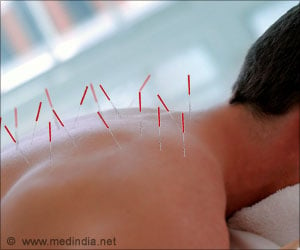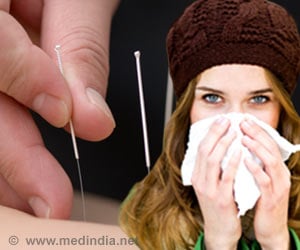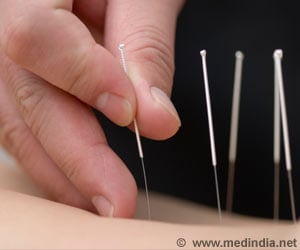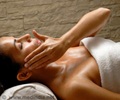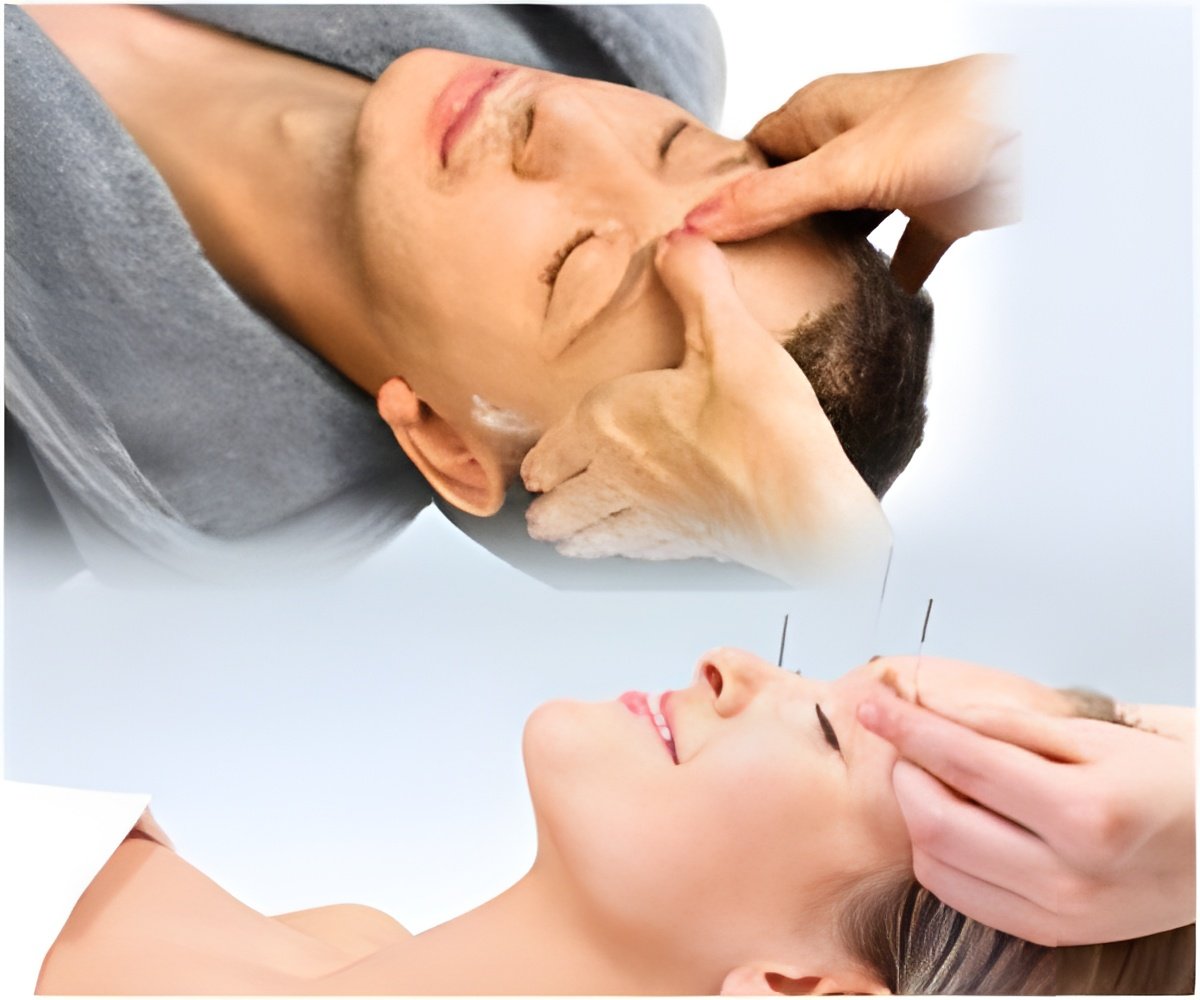
‘Most anesthesia providers in the U.S. report not having used or received any education in acupuncture or acupressure. However, the majority of them recognize the potential benefits of these therapies.’
Tweet it Now
The article 'Perceptions of Acupuncture and Acupressure by Anesthesia Providers' reports that more than half of the providers in the study would consider using these alternative medicine techniques in their practice. Coauthors Amanda Faircloth, Arkadiy Dubovoy, Chuck Biddle, and John Butterworth IV, Virginia Commonwealth University Medical Center, and Diane Dodd-McCue, Virginia Commonwealth University School of Allied Health Professions (Richmond, VA), suggest that this receptiveness presents a strong argument in favor of incorporating aspects of alternative medicine into the curriculum for anesthesia education. "Clinical trials would eventually make this information even more meaningful as to whether these modalities are useful, but the article demonstrates that anesthesiologists are willing to investigate acupuncture and acupressure for pain and anxiety in their practices," says Richard C. Niemtzow, Editor-in-Chief of Medical Acupuncture and Director of the United States Air Force Acupuncture and Integrative Medicine Center, Joint Base Andrews, Maryland.
Source-Eurekalert

